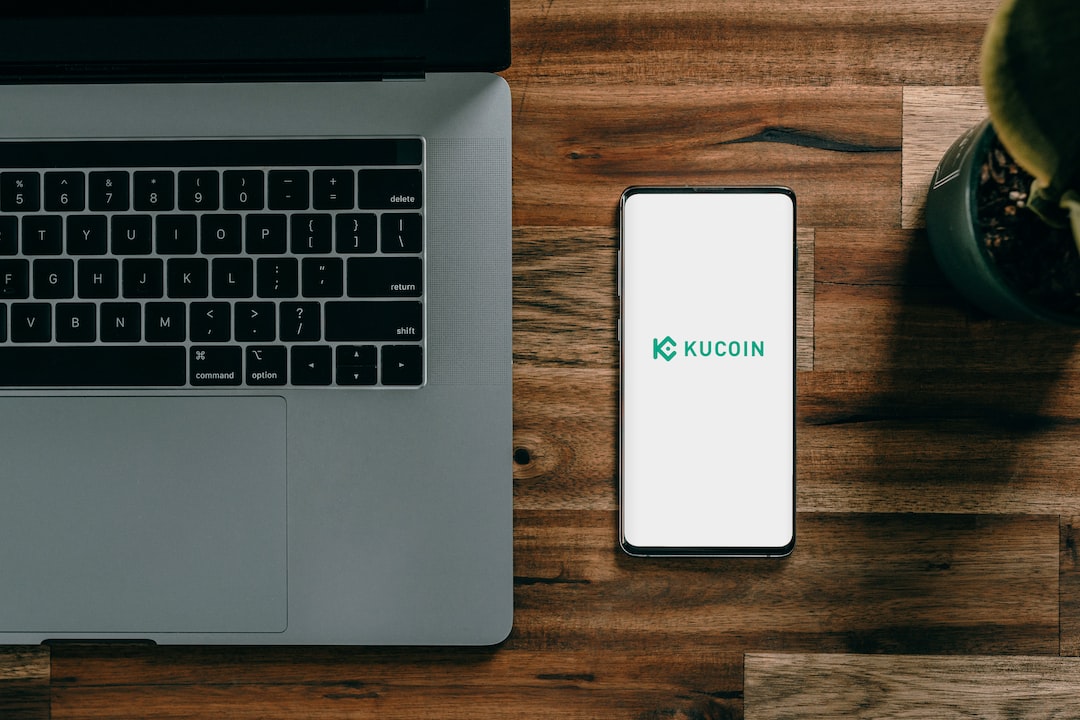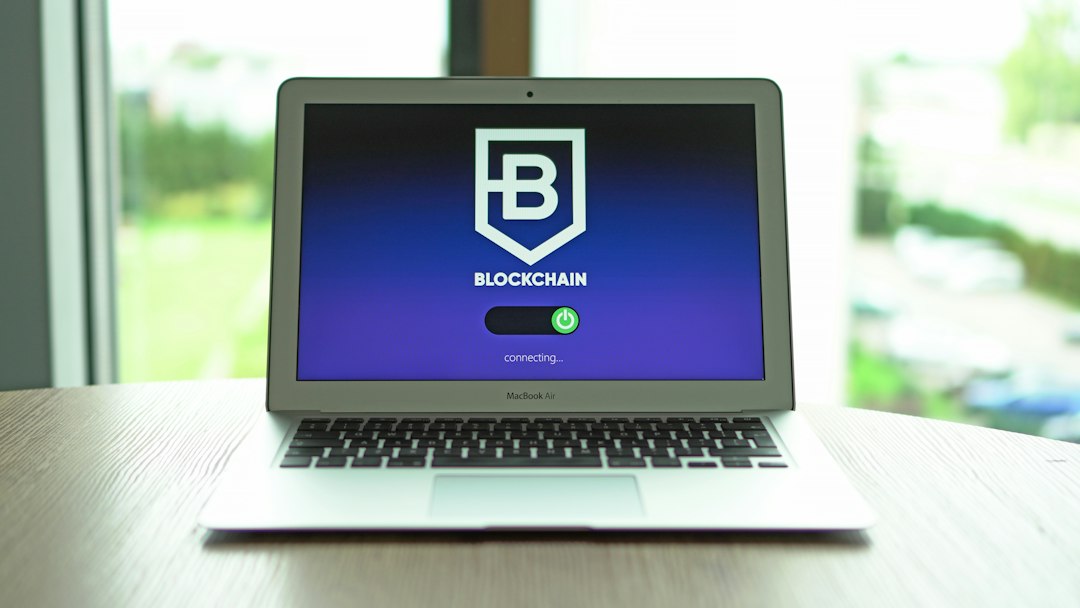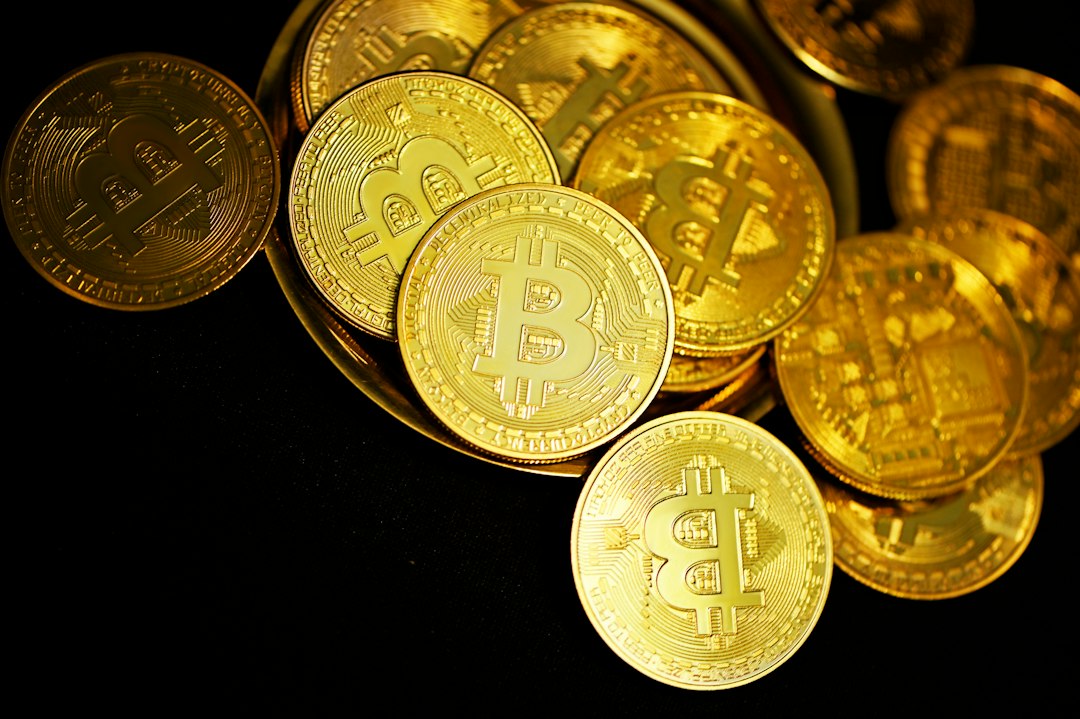Uniswap Investors Dump UNI Tokens as Protocol Implements Swap Fees
Uniswap (UNI) investors have been selling off their tokens after the decentralized finance (defi) protocol introduced swap fees. Uniswap founder Adam Hayden announced that the protocol will start charging a 0.15% fee for token swaps. This move has led some users to criticize the platform, calling it “centralized” due to the introduction of know-your-customer (KYC) verification. However, experts believe that KYC verification is necessary for Uniswap’s long-term survival.
The market intelligence platform Santiment has reported that UNI token holders have started dumping their assets in response to the implementation of swap fees. Additionally, data shows an increase in active UNI addresses but a decline in network growth. The market value over realized value (MVRV) indicator for UNI has also dropped to negative 6.6% on a 3-day scale, indicating short-term losses for holders.
Hot Take: Uniswap Faces Backlash as Swap Fees and KYC Verification Spark Concerns
Uniswap’s decision to introduce swap fees and implement know-your-customer (KYC) verification has stirred controversy among users. While some criticize the platform for becoming more centralized, others argue that these measures are necessary for its long-term sustainability. However, the introduction of swap fees has resulted in investors selling off their UNI tokens, causing a decline in its market value. The increase in active UNI addresses may suggest ongoing interest in the platform, but the overall network growth has slowed down. As Uniswap navigates these challenges, it will be crucial for the protocol to strike a balance between user concerns and sustainable operation.





 By
By
 By
By
 By
By
 By
By
 By
By